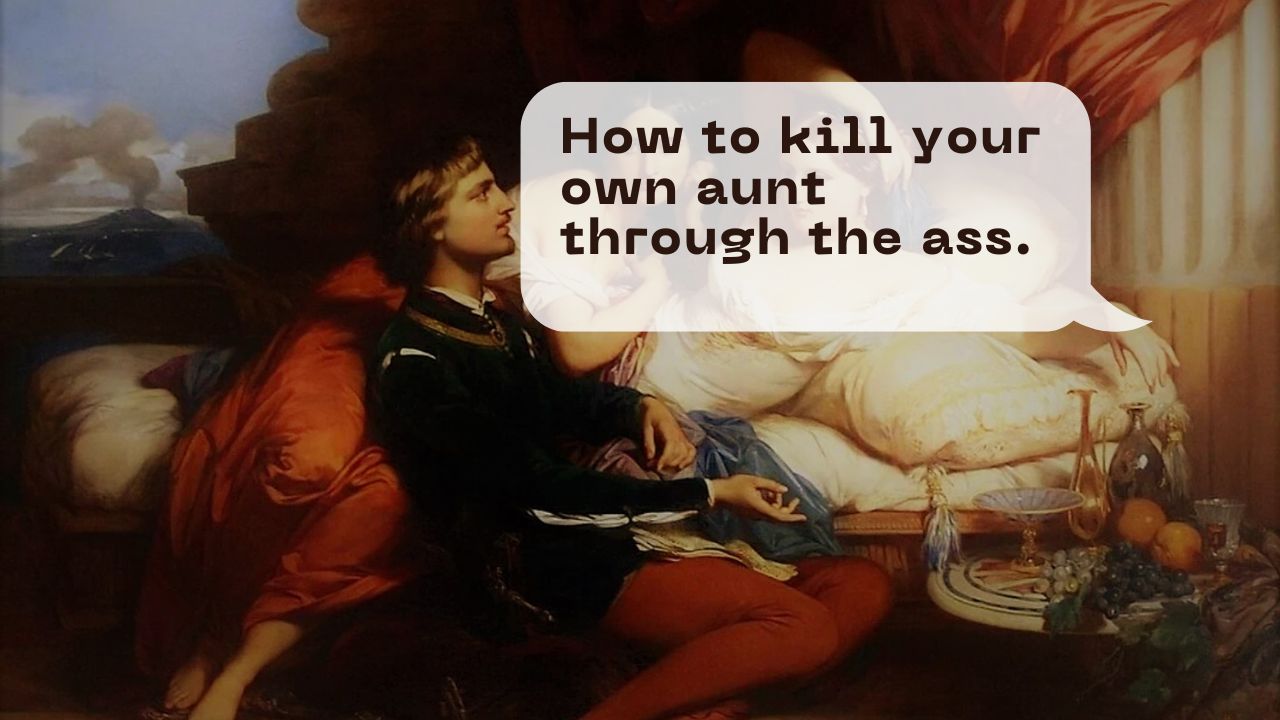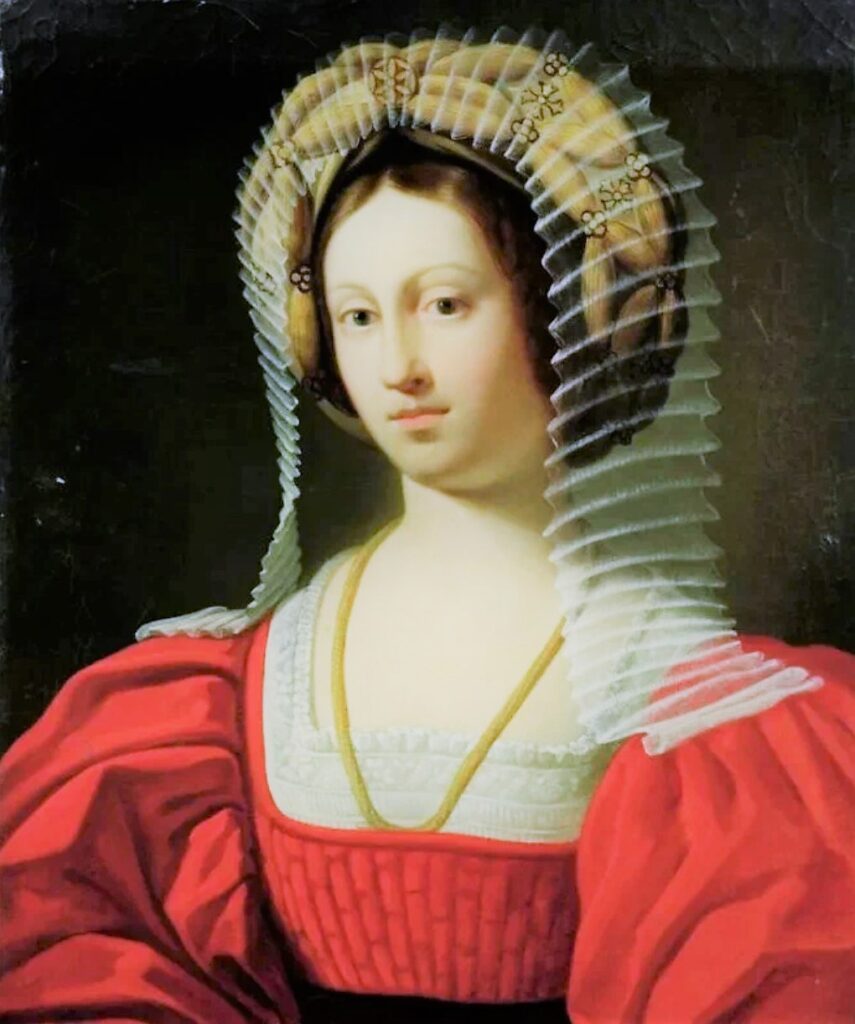
The insidious queen and the “fatal” enema
If I may, today I want to tell you a funny story that happened in the XIV century in the city of Naples. Although it was a long time ago, everything that happened was painfully interesting. Female deception in its purest form, as they say…
Giovanna of Naples, also known as Giovanna I (1326-1382) was the heiress of two ancient dynasties, the Angevin and the Durazzo.
This young Neapolitan dazzled everyone with her beauty at a young age, and when she became queen (at the age of fifteen), men opened their eyes in admiration, and women bit their lips in envy.

And it was why…
Giovanna had regular features, clear skin, blond hair, and big sky-blue eyes. There was no one who would not turn around and look after her.
Surprisingly, such a beauty possessed a completely non-angelic personality.
Giovanna was obstinate even as a child, defying her father’s orders and doing whatever came to mind.
And what could be in the mind of a fifteen-year-old girl (Giovanna – the age is correct)?
Boys, dancing, and entertainment
Furthermore, as queen, she could easily afford it all.
It should be noted that, in addition to the queen, two of her aunts (relatives of the late father) – Agnes de Perigord and Catherine de Courtenay – lived in the palace (a contemporary spoke unflatteringly about them, calling them harlots with experience).

As a result, rather than raising the fifteen-year-old queen in the best Italian traditions, the aunts began to have fun in company, roam and weave intrigues, and, as one chronicler wrote at the time:
“They were completely unscrupulous,” and “corrupted advisers and representatives of the nobility openly plundered King Robert’s treasury in their merry feasts,” and “the court of this queen resembled rather a brothel for the ridicule of everyone…”
So two years passed, and on the third (for reasons unknown, but most likely court intrigues again), Giovanna and Aunt Catherine de Courtee became enraged at Agnes de Perigord and decided to murder her.

Thought and thought and thought
It should be noted that there was no food culture in those days. That is, fruits and vegetables were not washed before being consumed in their natural state.
It’s not surprising that with such a diet, they suffered from abdominal pain all the time and died every year from dysentery, typhoid, and other diseases.
Those who were fortunate continued to suffer from various constipation, diarrhea, and other gastrointestinal problems.
Then, one day, Agnes de Perigord approaches her niece and says:
– Zhannochka, dear, it appears that I ate the wrong one today. There is no stool and my stomach hurts. It’s a little concerning.
And Giovanna responds:
– You, Aunt Asya (as the Queen probably called Agnes de Perigord), appear to have eaten unwashed apples once more.
My stomach hurts right here.
– Don’t say anything, Zhannochka.
But what should I do?
Perhaps an enema?
“Yes, no problem,” Giovanna replied, realizing that fortune had turned against her and that an evil plan could be carried out.




Leave a reply